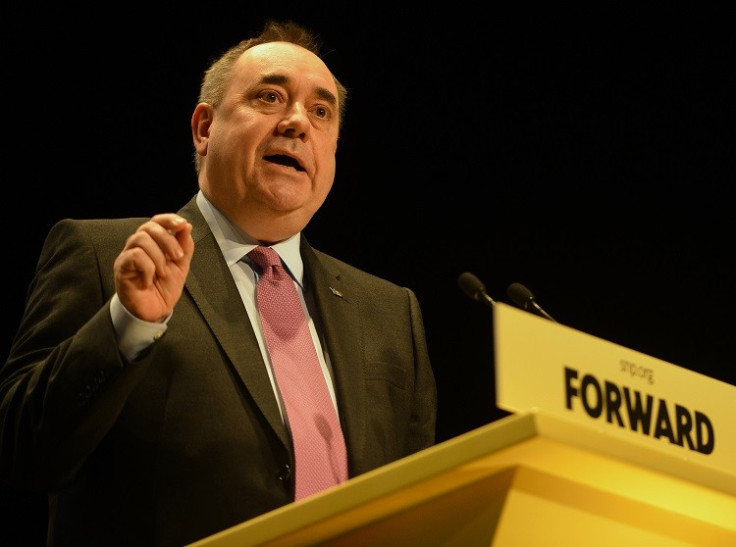Analysis: SNP's Jekyll and Hyde Arguments on Scottish Independence

Alex Salmond, the leader of the Scottish National Party (SNP) is a formidable politician.
He is extremely adept at pressing the case for Scottish independence while omitting points which could be detrimental to his case.
But the latest publicity salvo from the SNP, Building Security and Creating Opportunity: Economic Policy Choices in an Independent Scotland, marshals impressive evidence in some directions, but is lacking in intellectual rigour in others.
Fiscal Arguments
The SNP study claims "under independence, Scotland would have more opportunity to develop nuances within policy to support local competitive advantages and to tackle comparative disadvantages" that come from tax and spending policies not beneficial to the Scottish economy.
The paper makes the point that a compromise in the form of the Scotland Act 2012 would enable limited borrowing by the Scottish government from 2015/2016: a cumulative maximum of £2.2bn (€2.6bn, $3.5bn). The Treasury has capped annual borrowing under the Act at 10% of the Scottish Government capital budget, or approximately £296m.
If Scotland did achieve tax powers, the paper claims a Scottish government would be able to rebalance its economy.
It noted that in 2011 output per head in London was 70% higher than the UK average. If Scotland moved away from the UK's imbalanced growth model, its GDP growth would be more in line with other smaller states, such as Nordic countries which have done better economically than the UK in recent decades.
Monetary Arrangements
Scottish economic advisers, the Fiscal Commission Working Group states Scotland should establish a so-called Sterling Area Sustainability Agreement and independent Scottish Fiscal Commission.
The aim here is to maintain some form of monetary union between Scotland and the rest of the UK.
"Some aspects - in particular with regard to monetary policy and financial stability - will be co-ordinated across the Sterling area, while other aspects, such as fiscal policy will be targeted toward the unique circumstances facing Scotland," the paper says.
EU and Scotland
The SNP claims independence from Westminster will give it greater tax and spending powers while at the same time admitting it will have to comply with European Union law.
It is not certain Scotland would automatically join or remain part of the EU after independence in any case.
"Scotland will remain part of the EU and largest single market in the world-with no trade barriers and the free movement of goods and services and people," it says.
"It is also possible to vary taxation-subject to State Aid rules - to certain types of firms, (e.g. small firms) or key sectors that make a disproportionate contribution to the local economy."
© Copyright IBTimes 2025. All rights reserved.






















